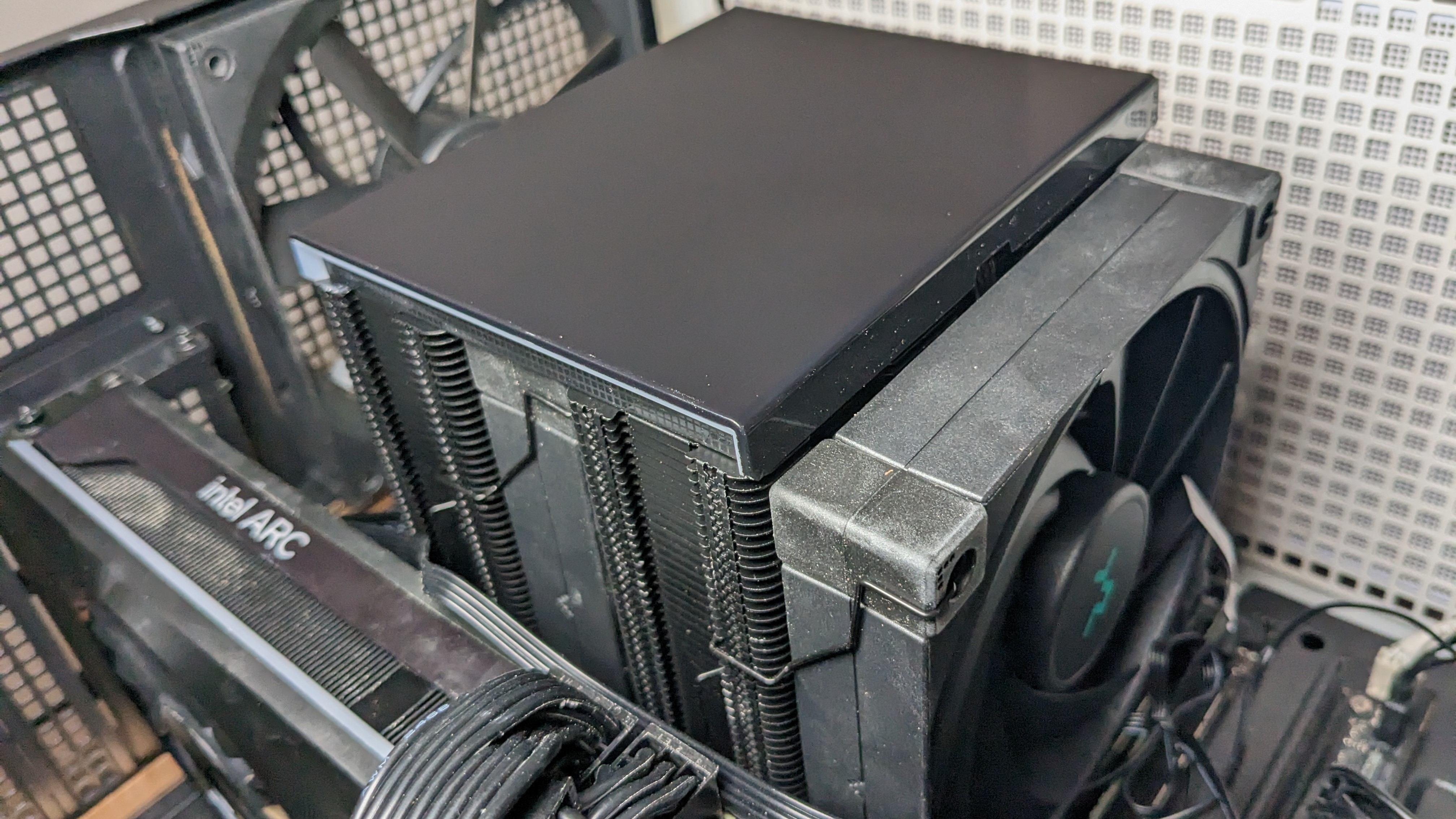
On Wednesday, the U.S. State Department announced sanctions on Beijing DeepCool Industries, a popular manufacturer of PC cases, cooling devices, and power supplies. DeepCool is alleged to have supplied Russia with more than $1 million worth of goods on the Common High Priority List (CHPL), which could help it in its war efforts against Ukraine.
According to the press release, DeepCool sold goods to two Russian companies known to support war efforts. These companies are Aktsionernoe Obshchestvo Taskom and OOO Novyi Ai Ti Project. Taskom is involved in freight transport, and OOO Novyi is a PC manufacturer.
The Bureau of Industry and Security, a division of the U.S. Department of Commerce, maintains the CHPL. This is a collection of items it says “pose a heightened risk of being diverted illegally to Russia because of their importance to Russia’s war efforts.”
DeepCool recently showcased new products at Computex 2024, including air and liquid CPU coolers, fans, PC cases, and power supplies compatible with the latest PC hardware. However, the company’s addition to the list of sanctioned companies means it won’t be able to sell those products in the U.S.
DeepCool’s U.S. subsidiary may have to stop all sales and most other operations immediately. This could affect its ability to provide after-sales support to customers. The sanctions mean it cannot transact any business with its parent company in China. By law, U.S. residents can no longer conduct business with the company, either.
At this time, retailers like Amazon, MicroCenter, and Newegg are still listing DeepCool products for sale. How long that remains true is up in the air. According to the press release, “All transactions by U.S. persons or within (or transiting) the United States that involve any property or interests in property of designated or otherwise blocked persons are prohibited unless authorized by a general or specific license issued by OFAC or exempt.”
In other words, if I buy a DeepCool power supply today, I’m technically breaking the law. I might be able to make the case that I’m conducting business with a U.S. company, not the listed company, but such a claim would likely be tenuous at best.







